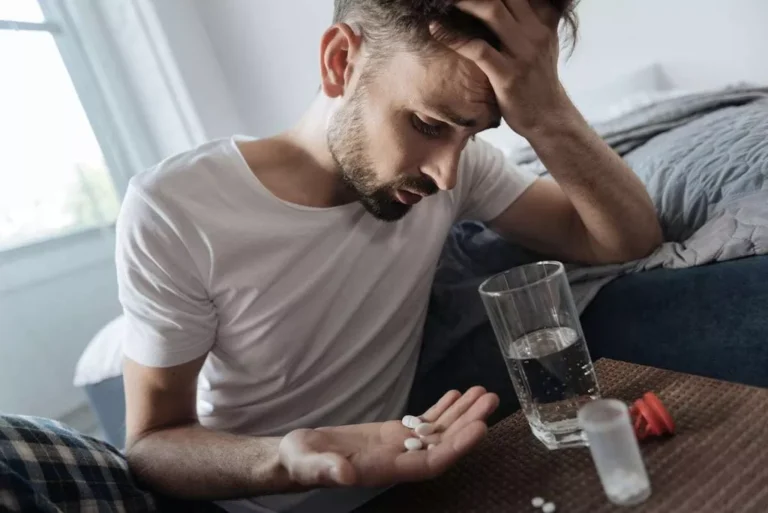
If the responding is =https://ecosoberhouse.com/ extinguished in these animals (i.e., they cease to respond because they receive neither the alcohol-related cues nor alcohol), presentation of a discriminative cue that previously signaled alcohol availability will reinstate alcohol-seeking behavior. During addiction recovery, some people relapse, meaning that they return to their previous substance use behaviors. This article is an overview of relapse in addiction recovery, highlighting possible causes and triggers, prevention strategies, relapse stages, and treatment or management tips. Today, you will gain a deeper understanding of what relapse is, including different stages of relapse, causes and warning signs, relapse prevention strategies, and where you can find help after an alcohol relapse. Creating a relapse prevention plan is key to increasing the likelihood of long-term sobriety, as it allows for identifying and managing triggers and cravings, building up coping skills, and decreasing the risk of relapse.
Create a Relapse Prevention Plan
If your loved is willing to talk about relapsing, encourage them to connect with a therapist or addiction counselor. They may also find some benefit from attending peer support group meetings. Our sober recovery specialists understand the challengesof recovery and are here to assist you in your journey. Here are some actionable pointers to show you what to do and what to say to an alcoholic who has relapsed.
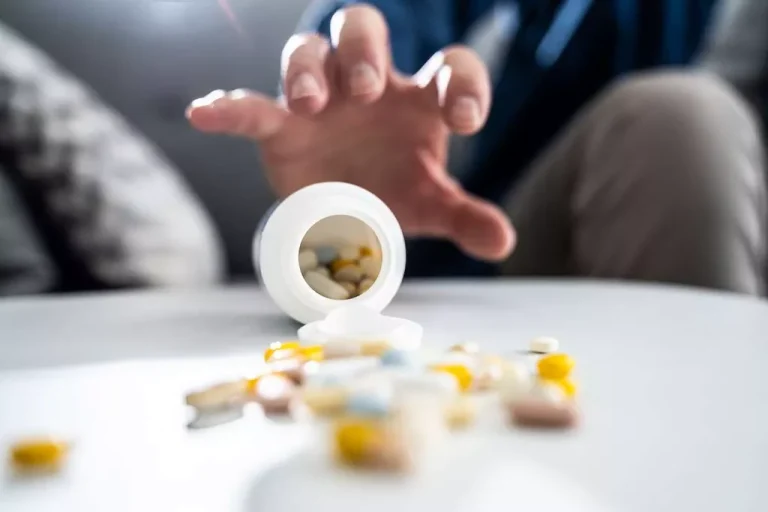
Alcohol Addiction Treatment Levels of Care
Dry drunk behavior means that even though someone hasn’t relapsed, they start acting very similarly to when they were drinking. If someone is in recovery, they might feel more of a temptation to drink again than normal. It’s helpful to have a relapse prevention plan that considers these triggers, with specifically identified strategies to address them. A person who misuses alcohol will feel like they are not Alcohol Relapse able to function in their daily life without the use of alcohol. This is due to the changes in their brain chemistry due to their drinking.
- Alcohol.org is a subsidiary of AAC, a nationwide provider of addiction treatment services and our admissions navigators are ready to discuss your treatment options with you.
- Relapse is particularly dangerous with opioids, including prescription painkillers and heroin.
- More recently, however, researchers have been turning their attention to the evaluation of changes in withdrawal symptoms that extend beyond physical signs of withdrawal—that is, to those symptoms that fall within the domain of psychological distress and dysphoria.
- All of these situations could potentially lead to a relapse if you’re not prepared.
- As the loved one of someone in recovery, there are ways you can help preserve their recovery and prevent a relapse.
- It is a commitment and a way of changing a person’s thinking and life.
What Are the 3 Stages of Relapse?
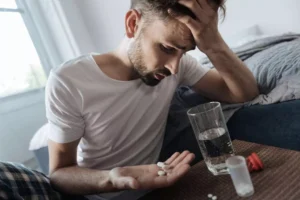
If you’ve experienced a relapse, your next steps are important. While the recovery period may be challenging, it’s also filled with milestones that can transform your life into one that’s better than you could have previously imagined. The mental challenge of this stage is not to let anything make you feel defeated. If you’ve been in treatment before, it may also help to reach out to alumni programs (if any) for resources. Many alumni programs, such as those offered by American Addiction Centers (AAC), host peer gatherings and can connect you with addiction aftercare services. A relapse may look different for each person, depending on how much they use and the circumstances surrounding the relapse.
Why does a relapse happen?
Clinical evidence suggests that the most common causes of relapse during this stage are neglecting self-care or not attending self-help groups. Some people may feel so “broken” that they almost feel they can no longer experience joy and confidence, or have healthy relationships again. It can bring on feelings of shame, frustration, and often cause someone to feel as if they are incapable of changing their behavior or achieving their goals. Self-efficacy refers to a person’s confidence in their own ability to achieve something.
- It’s vital to let your loved one know that you care about their well-being and that you will support their recovery.
- Take action as soon as possible to get back on the path to recovery.
- When someone has an alcohol use disorder, they can’t control their drinking and continue to drink even with negative side effects.
- Relapse is a process that can begin weeks or months before someone drinks.
- The longer you continue to use, the more complicated it can become to stop using, especially if it is a substance on which your body can become physically dependent, such as alcohol.
- Remember, you are an important part of the treatment team with enormous power to do good for your loved one.
- This effect apparently was specific to alcohol because repeated chronic alcohol exposure and withdrawal experience did not produce alterations in the animals’ consumption of a sugar solution (Becker and Lopez 2004).
Once you figure out your own triggers, think about something you can do instead of substance use for each one. Could you wrap up each day with a long walk instead of a cocktail? If paying the bills makes you too cranky, be ready to call your sponsor when they’re due.
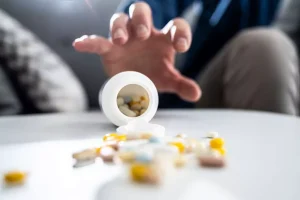
Indeed, both preclinical and clinical studies suggest a link between anxiety and propensity to self-administer alcohol (Henniger et al. 2002; Spanagel et al. 1995; Willinger et al. 2002). From a clinical standpoint, this is important because it underscores the value of these models in identifying and evaluating new treatment strategies that may be more effective in battling the problem of heroin addiction relapse. If you are struggling with addiction to alcohol or drugs, substance use treatment can help.
INSURANCE COVERAGE FOR ADDICTION TREATMENT
- On the other hand, external triggers are people, places, and objects that remind you of past substance abuse and reinforce the desire to use drugs or alcohol.
- About 43 percent of people who did not receive any form of treatment maintained sobriety.
- The abstinence stage typically begins right after you stop drinking.
- We publish material that is researched, cited, edited and reviewed by licensed medical professionals.
Combining therapy with support groups can greatly improve your odds of success. Therapy combined with an AUD program tends to lead to a high recovery success rate. During this period, you can expect to develop new skills you may have never learned that made you more susceptible to AUD in the first place. If you’re ready to make a positive change, here’s what you may want to know about the recovery process.
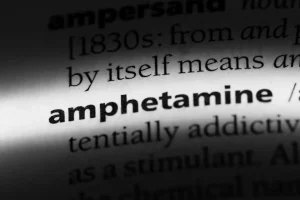
Alcohol.org is a subsidiary of AAC, a nationwide provider of addiction treatment services. Remember, experiencing a relapse shouldn’t be seen as a failure. You may need a different approach to treatment, or perhaps to return to inpatient treatment. Regardless of what led to a relapse, getting back on track quickly gives you the best chance at long-term recovery, rather than waiting until the problem worsens. It is hard to admit to others that you have experienced a relapse, but it is the best thing to do.
